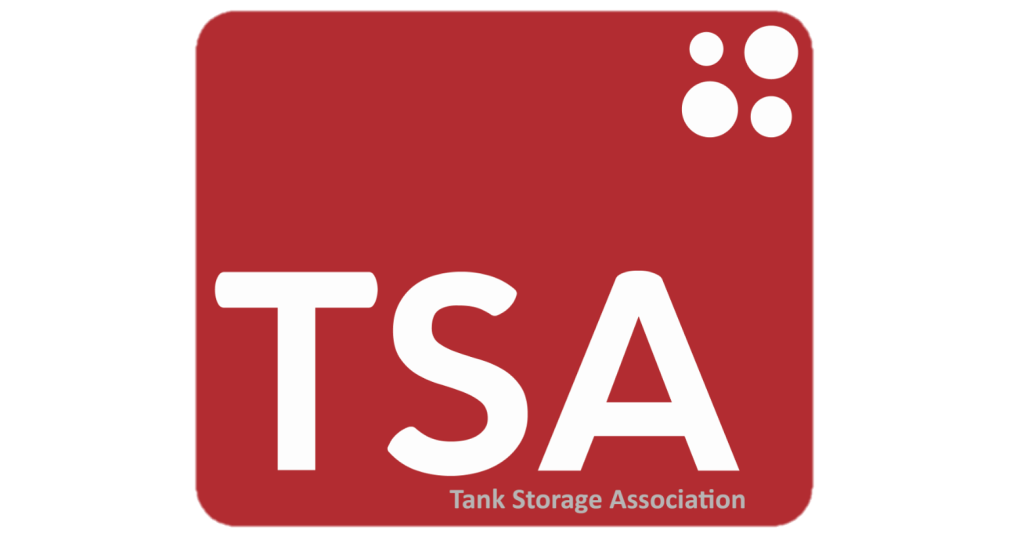hydrogen skills alliance
The Hydrogen Skills Alliance (HSA) is committed to building a skilled workforce to support the growth and development of the UK hydrogen sector.
Maximising the Opportunity that Hydrogen Brings
HSA members work in collaboration to:
- Map the hydrogen skills landscape to create a database of skills provision
- Identify and prioritise hydrogen skills challenge areas
- Undertake a series of foresighting cycles to define and map the required skills capabilities
- Quantify the skills demand and build in future emerging requirements
- Create a skills framework to support pathway and curriculum development


hydrogen skills alliance impact report
This impact report celebrates the success of the Hydrogen Skills Alliance over the past year, with over 120 community members from 88 different organisations supported.Hydrogen workforce assessment
Requiring an estimated future workforce of more than 90,000 people, the Hydrogen Workforce Assessment outlines the need for collaborative action across the sector to deliver the skills needed for growth.Hydrogen Skills Community
A collaboration with the High Value Manufacturing Catapult (HVMC), the HSA convenes stakeholders with a genuine interest in collaborating to ensure that the UK has the necessary people to support the move to a hydrogen-fuelled economy as part of the move to a low carbon future.
hydrogen awareness training

HVM Catapult work with industry, researchers, and government to transform the UK manufacturing sector. Free Hydrogen training modules include:
- Hydrogen Fundamentals
- Hydrogen Production
- Hydrogen Storage and Distribution
- Hydrogen Energy Use: Domestic and Industrial
- Hydrogen Energy Use: Feedstock
- Hydrogen Energy Use: Transport
- Hydrogen Fundamentals
- Hydrogen Production
- Hydrogen Storage and Distribution
- Hydrogen Energy Use: Domestic and Industrial
- Hydrogen Energy Use: Feedstock
- Hydrogen Energy Use: Transport
View details
Join the Hydrogen Skills Alliance today and become a part of the low-carbon future
Together, we can build the skills and knowledge necessary to accelerate the transition to hydrogen and a more sustainable future for all.












































